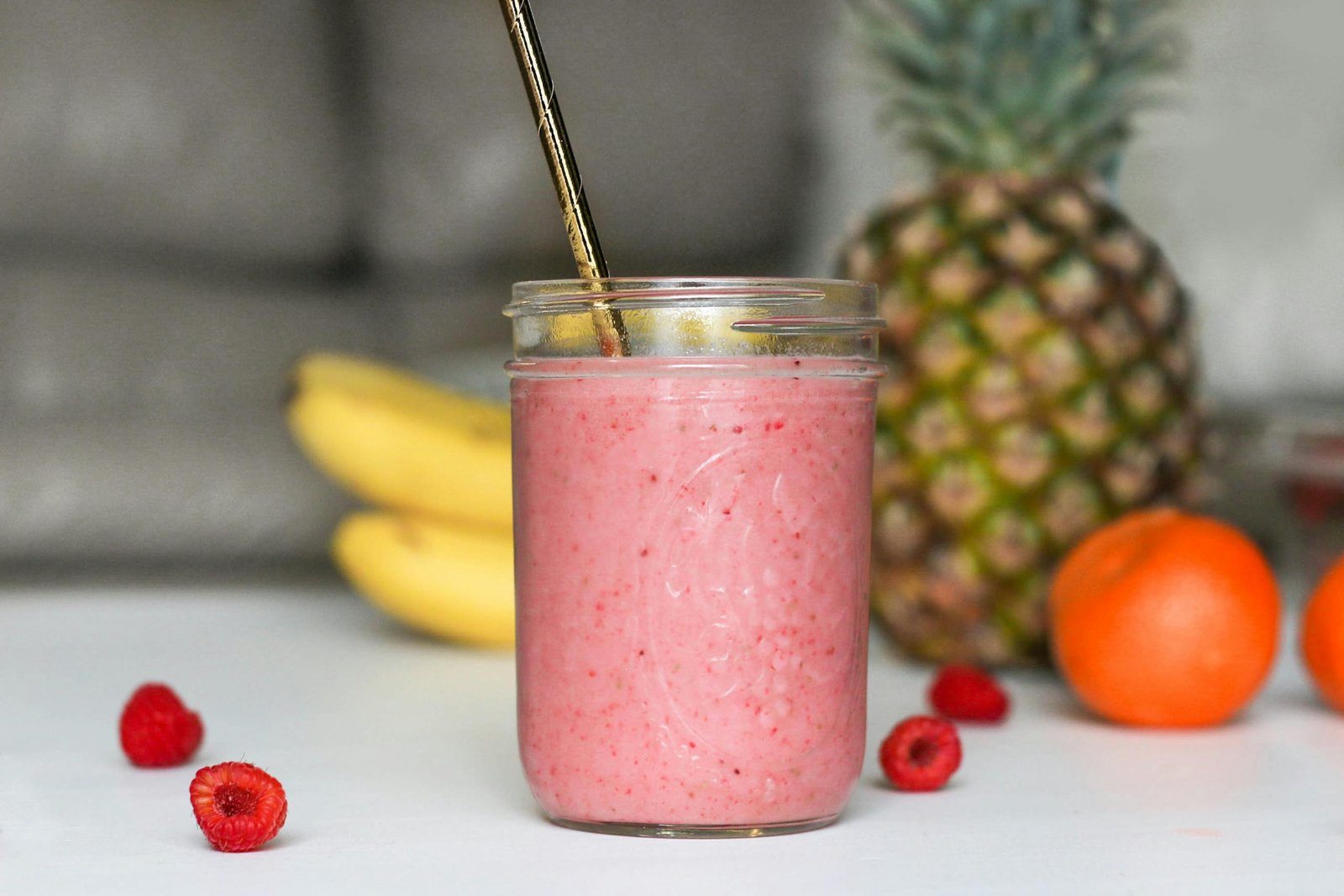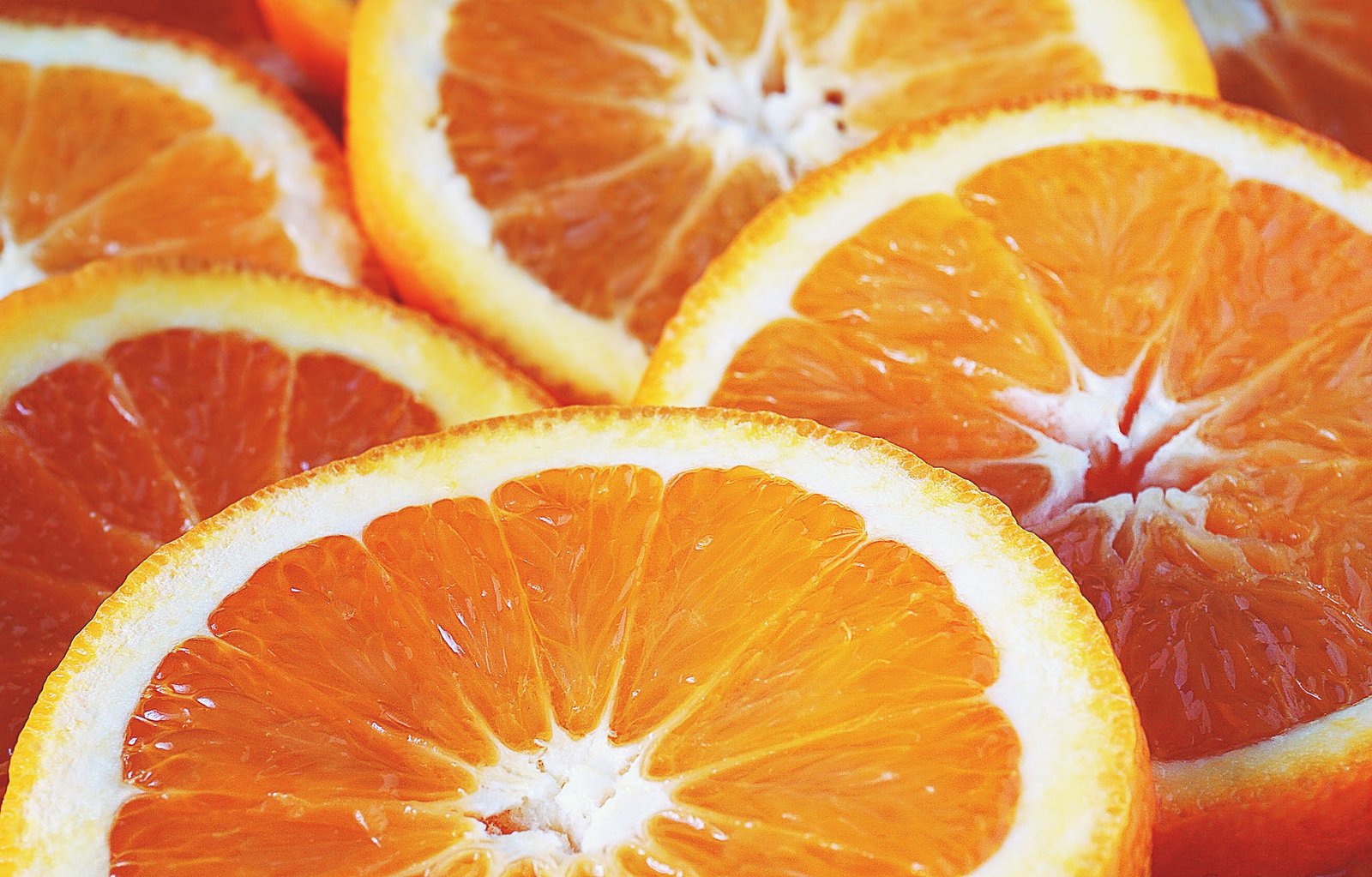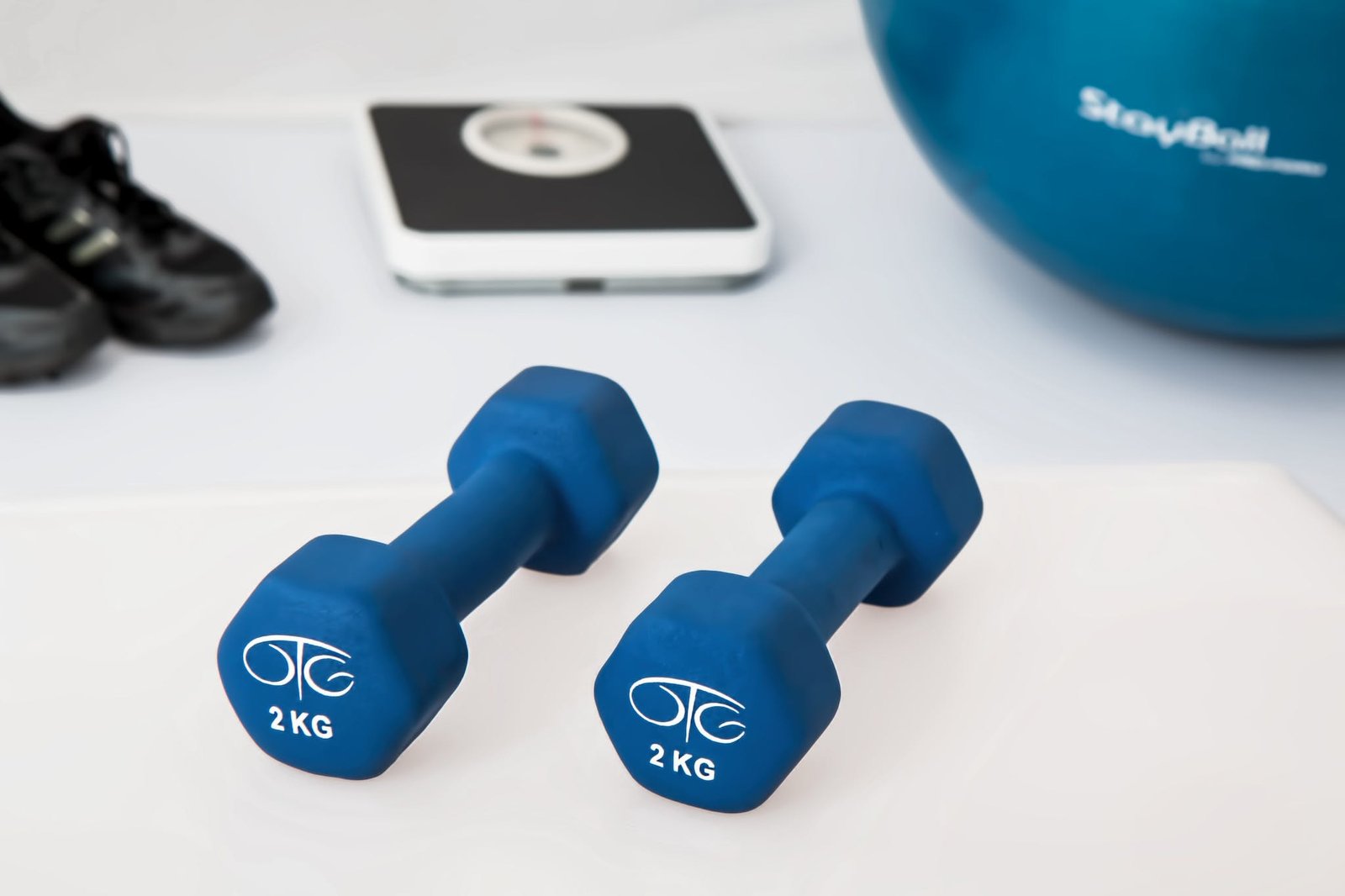Does Drinking Water Help Reduce Bloating
There are some affiliate links below, but they are all products I highly recommend. For more info, view my disclosure here.
Are you tired of feeling bloated and uncomfortable after meals? Wondering if drinking water can actually help reduce bloating? Well, the answer is yes!
We’ll explore the science behind bloating and water retention, and how staying hydrated can support healthy digestion. We’ll also debunk common myths and provide practical tips for incorporating more water into your daily routine.
Say goodbye to bloating and hello to a happier, healthier you!
The Science Behind Bloating and Water Retention
Drinking water can help reduce bloating by flushing out excess fluids in your body. When your body retains too much water, it can lead to bloating and discomfort. This can happen due to various reasons, such as hormonal changes, high sodium intake, or even dehydration. But by increasing your water intake, you can actually help alleviate bloating.
Water acts as a natural diuretic, meaning it promotes urine production and helps your body get rid of excess fluids. When you drink enough water, it signals to your kidneys that there’s sufficient hydration, causing them to release stored fluids. This process not only helps reduce bloating but also improves overall water balance in your body.
Furthermore, drinking water can also aid digestion and prevent constipation, which can contribute to bloating. When you’re properly hydrated, your body can efficiently break down food and move it through your digestive system. This reduces the likelihood of food sitting in your stomach or intestines and causing discomfort.
Understanding the Role of Hydration in Digestion
Staying hydrated can play a crucial role in promoting healthy digestion and reducing uncomfortable bloating. When you drink enough water, it helps to soften and bulk up your stool, making it easier to pass through your digestive system. This can prevent constipation, which is a common cause of bloating.
Water also helps to break down food and aids in the absorption of nutrients, allowing your body to efficiently process what you eat. Furthermore, staying hydrated can help to prevent water retention, which can contribute to bloating. When you don’t drink enough water, your body may hold on to excess fluids, leading to bloating and swelling.
By drinking an adequate amount of water throughout the day, you can help your body maintain a proper balance of fluids and reduce the risk of water retention. To ensure you stay hydrated, aim to drink at least eight glasses of water per day. You can also increase your water intake by consuming water-rich foods such as fruits and vegetables. Remember to listen to your body’s thirst signals and drink water whenever you feel thirsty.
Debunking Common Myths About Drinking Water and Bloating
If you’re concerned about bloating, it’s important to address any misconceptions you may have about the relationship between drinking water and this uncomfortable symptom.
One common myth is that drinking water actually causes bloating. However, this isn’t true. In fact, drinking water can actually help reduce bloating. When you’re dehydrated, your body tends to retain water, leading to bloating. By drinking enough water, you can help flush out excess water and reduce bloating.
Another misconception is that drinking water during meals can contribute to bloating. While it’s true that drinking excessive amounts of water with meals can make you feel full and bloated, drinking moderate amounts of water with your meals is actually beneficial. It aids in the digestion process by helping to break down food and keep your digestive system running smoothly. Just be mindful of the amount you’re drinking and take small sips instead of gulping down large amounts.
It’s also important to note that carbonated water, such as sparkling water or soda, can sometimes contribute to bloating. The bubbles in carbonated drinks can lead to gas buildup in your digestive system, which can cause bloating. So, if you’re prone to bloating, it may be best to avoid or limit your intake of carbonated water.
Overall, drinking water is crucial for maintaining proper hydration and reducing bloating. Just remember to stay hydrated by drinking enough water throughout the day and be mindful of your consumption during meals.
Practical Tips for Incorporating More Water Into Your Daily Routine
To incorporate more water into your daily routine, consider carrying a reusable water bottle with you wherever you go. Having a water bottle on hand makes it easy to stay hydrated throughout the day. You can refill it whenever you need to, whether you’re at the office, at the gym, or running errands. It’s a simple and convenient way to ensure that you’ve access to water whenever you need it.
Another way to increase your water intake is to set reminders on your phone or computer. This can help you remember to drink water at regular intervals throughout the day. You can also try adding flavor to your water by infusing it with fruits, vegetables, or herbs. Not only does this make drinking water more enjoyable, but it can also provide additional health benefits.
Try incorporating water-rich foods into your meals and snacks. Fruits and vegetables like watermelon, cucumbers, and strawberries have a high water content and can help keep you hydrated. You can also opt for soups or smoothies, which are made with water-based ingredients.
Other Natural Remedies for Reducing Bloating and Improving Digestion
Incorporating certain herbs and spices into your meals can aid in improving digestion and reducing discomfort caused by bloating. Adding herbs and spices not only enhances the flavor of your dishes but also provides numerous health benefits.
For example, ginger has been used for centuries to alleviate digestive issues. Its natural compounds can help relax the muscles in your intestines, reducing bloating and cramping. Simply grate some fresh ginger into your stir-fries or steep it in hot water to make a soothing tea.
Another herb that can assist with digestion is peppermint. Its menthol content helps relax the muscles in your digestive tract, allowing food to move through more easily and reducing bloating. You can add fresh mint leaves to salads or infuse them in hot water for a refreshing tea.
Turmeric is another powerful spice that aids digestion. Its active compound, curcumin, has anti-inflammatory properties that can help soothe an irritated digestive system. Sprinkle turmeric on roasted vegetables or use it as a seasoning for meats and fish to reap its benefits.
Incorporating these herbs and spices into your meals not only adds a burst of flavor but also aids in improving digestion and reducing discomfort caused by bloating. So, next time you’re in the kitchen, don’t forget to sprinkle some ginger, mint, or turmeric into your dishes for a healthy and flavorful boost.







